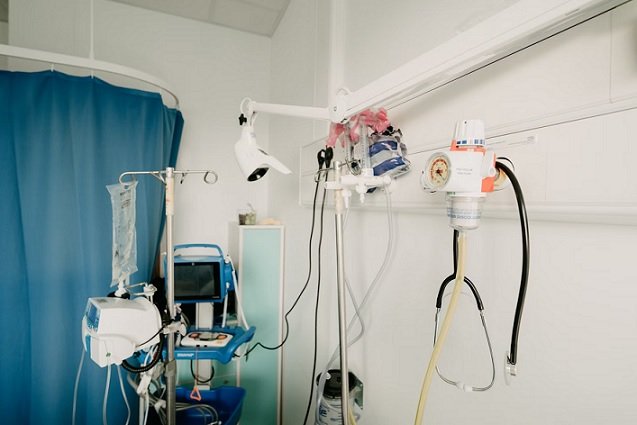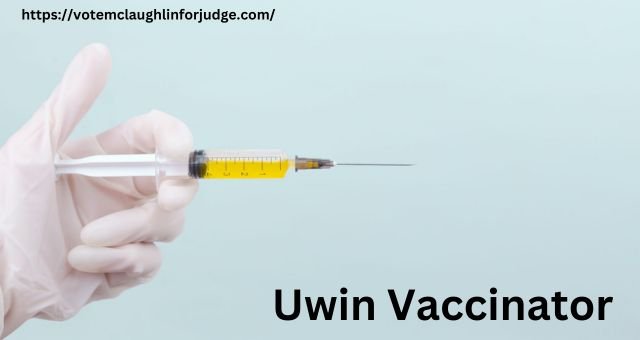
Effective Skincare Routine & Products for Acne Management: Clear Skin Ahead!
🎯 Gain an acne-free complexion! Explore our guide on effective skincare routines & products for managing acne. Clear skin ahead!💧🌿 #AcneCare
Acne is a prevalent skin condition that affects individuals of all ages, causing pimples, blackheads, and cysts. Understanding the nature of acne and how to manage it is crucial for achieving and maintaining clear skin. Acne not only affects one’s physical appearance but can also have a significant impact on mental health and self-esteem. Therefore, a thorough understanding and effective management are essential for overall well-being.
Proper Skincare Routine and Using Suitable Products
A consistent skincare routine with the right products is essential for maintaining healthy skin and managing acne effectively. The right regimen can prevent breakouts, reduce inflammation, and promote overall skin health. Incorporating suitable products into your daily skincare for acne skin ensures that your skin receives the necessary nutrients and care it needs to stay clear and healthy. This involves choosing products that are appropriate for your skin type and condition, ensuring they do not clog pores or cause irritation.
Understanding Acne
Acne is a skin condition characterized by the appearance of pimples, blackheads, whiteheads, and cysts due to clogged hair follicles with oil and dead skin cells. It can occur on various parts of the body, including the face, neck, back, and shoulders, and can range from mild to severe.
Different Types of Acne
- Whiteheads: Closed clogged pores.
- Blackheads: Open clogged pores.
- Papules: Small red, tender bumps.
- Pustules: Pimples with pus at the tips.
- Nodules: Large, painful lumps beneath the surface.
- Cystic Acne: Painful, pus-filled lumps beneath the surface.
Each type of acne has different causes and requires specific treatments. Understanding the type of acne you have is the first step towards effective management.
The Science Behind Acne Development
Acne develops due to several factors:
- Clogged Pores: Excess oil and dead skin cells block hair follicles, leading to the formation of acne.
- Bacteria Growth: Propionibacterium acnes (P. acnes) bacteria multiply in clogged pores, causing inflammation and infection.
- Excess Oil Production: Sebaceous glands produce too much oil, contributing to clogged pores and acne development.
- Hormonal Changes: Fluctuations in hormones, particularly during puberty and menstrual cycles, can increase oil production and lead to acne.
- Inflammation: Redness and swelling in affected areas due to the body’s response to clogged pores and bacterial growth.
Understanding these factors can help in selecting appropriate treatments and skincare routines to manage acne effectively.
Importance of an Effective Skincare Routine for Acne Management
Discussion on the Role of a Skincare Routine in Managing Acne
A structured skincare routine helps in balancing oil production, removing dead skin cells, and reducing bacterial growth, which are essential for managing and preventing acne. Regular and consistent skincare practices ensure that the skin remains clean and free from the factors that contribute to acne.
Explanation of How a Good Routine Could Prevent Future Acne Breakouts
A consistent routine helps maintain skin cleanliness, regulates oil production, and supports healthy cell turnover, all of which are crucial for preventing future breakouts. By following a daily regimen, the skin becomes more resilient to the factors that cause acne, reducing the frequency and severity of breakouts.
Components of an Effective Skincare Routine
Daily vs. Weekly Skincare Routine
Products and Steps to Be Done Daily
- Cleansing: Use a gentle cleanser to remove dirt, oil, and makeup. Cleansing is the first and most crucial step to ensure that the skin is free from impurities that can clog pores.
- Treatment: Apply acne treatments containing salicylic acid or benzoyl peroxide. These ingredients help to treat existing acne and prevent new breakouts by unclogging pores and killing bacteria.
- Moisturizing: Use a non-comedogenic moisturizer to hydrate the skin. Moisturizing ensures that the skin remains hydrated without adding extra oil that can clog pores.
- Sun Protection: Apply sunscreen daily to protect against UV damage. Sun protection is essential as some acne treatments can make the skin more sensitive to the sun, and UV damage can worsen acne.
Treatments and Products to Be Done Weekly
- Exfoliation: Use a gentle exfoliator to remove dead skin cells and unclog pores. Exfoliation helps in maintaining smooth skin and prevents the buildup of dead skin cells that can lead to clogged pores.
- Masks: Apply clay or charcoal masks to absorb excess oil and impurities. Weekly masks can provide deep cleansing benefits and help in controlling oil production.
Why Some Products Shouldn’t Be Used Daily
Overuse of certain products, such as exfoliants or strong acne treatments, can irritate the skin, leading to increased oil production and worsening acne. Moderation ensures optimal results and minimizes adverse effects. Using these products as directed allows the skin to heal and prevents over-drying or irritation.

Ingredients to Look For in Skincare Products
Explanation of Effective Acne-Fighting Ingredients
- Salicylic Acid: Helps exfoliate the skin and clear clogged pores. It penetrates the skin and works to dissolve the debris that clogs pores, preventing acne formation.
- Benzoyl Peroxide: Kills acne-causing bacteria and reduces inflammation. It is effective in treating existing acne and preventing new breakouts.
- Retinoids: Promote cell turnover and prevent clogged pores. Retinoids help in renewing the skin and keeping pores clear.
- Niacinamide: Reduces inflammation and regulates oil production. It also helps in improving the overall texture and tone of the skin.
- Tea Tree Oil: Natural antibacterial and anti-inflammatory properties. It provides a natural alternative for those who prefer organic skincare solutions.
Relevance of These Ingredients in Acne Management
These ingredients are effective in reducing inflammation, unclogging pores, and balancing oil production, which are key to managing and preventing acne. Using products with these active ingredients can significantly improve the condition of acne-prone skin.
Lifestyle Changes that Help in Acne Management
Importance of Diet and Hydration
A balanced diet rich in fruits, vegetables, and lean proteins, combined with adequate hydration, can improve skin health and reduce the risk of acne. Foods high in antioxidants and vitamins can support skin health, while proper hydration helps in flushing out toxins from the body.
How Sleep Affects Acne
Lack of sleep can disrupt hormone levels and increase stress, both of which can exacerbate acne. Adequate rest helps maintain hormonal balance and supports skin repair. Ensuring enough sleep each night can help in reducing the occurrence of acne.
Effect of Stress on Acne and Ways to Combat It
Stress can trigger acne by increasing oil production and inflammation. Managing stress through relaxation techniques, regular exercise, and a balanced lifestyle can help keep acne under control. Practices such as meditation, yoga, and mindfulness can significantly reduce stress levels and improve skin health.
The Best Skincare for Acne
Effective acne skincare includes gentle cleansing, treatments with salicylic acid or benzoyl peroxide, moisturizing with non-comedogenic products, and consistent sun protection. Each step in the routine plays a critical role in managing and preventing acne.
Skincare Should I Use if I Have Acne
If you have acne, opt for non-comedogenic products with ingredients like salicylic acid and benzoyl peroxide. Keep your skin clean, and moisturized, and avoid harsh scrubs that can irritate the skin and worsen acne.
Best Routine for Acne-Prone Skin
An effective routine for acne-prone skin includes cleansing, using salicylic acid or benzoyl peroxide treatments, moisturizing with a non-comedogenic product, and applying sunscreen daily. Consistency and the right products tailored to your skin’s needs are essential for managing acne-prone skin.
Type of Skincare Gets Rid of Pimples
To eliminate pimples, consider skincare products containing salicylic acid or benzoyl peroxide. Regular cleansing, exfoliating, and moisturizing can also help maintain clear skin and prevent breakouts. Additionally, maintaining a healthy lifestyle and managing stress can further support acne management efforts.
By understanding and implementing these practices, individuals can achieve clearer skin and reduce the impact of acne on their lives. This comprehensive approach combines effective skincare routines with lifestyle changes, providing a holistic solution for acne management.
















